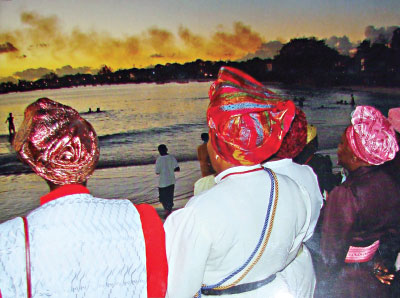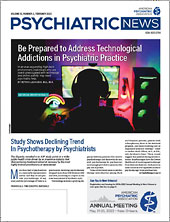On November 30, 2021, my 166 square miles of island, known to the initiated as Bimshire and to others as Barbados, became a republic. I read about it in English, French, and American newspapers and imagined it had even wider coverage. Friends wrote to congratulate me, claiming it was a notable event. Others described the accompanying celebrations, expected me to be pleased by the news, and asked how things would be different now. Professor Richard Drayton, a historian at King’s College London and an expert in the long relationship between Barbados and the United Kingdom, commented on the Caribbean island’s journey to becoming a republic (Stabroek News, November 29, 2021).
Drayton explained that following Barbados’s independence from Britain in 1966, the winds of what he called “the Black Power moment” buffeted the Caribbean islands in the 1970s. The result was that Guyana, Trinidad and Tobago, and Dominica took the status of a republic. For several reasons, Barbados did not follow this trend and remained in the British Commonwealth with Queen Elizabeth as head of state. However, the island’s political leaders did make changes after independence that suggested they were keeping an eye on becoming a republic. Professor Drayton buttressed this point with examples: The island’s Anglican Church was disestablished and disendowed in 1969, putting that faith group on its own fiscal bottom and disentangling the connections between church and state. In 1972, the Central Bank of Barbados took over fiscal policy. In 2001, Barbados replaced its reliance on the Judicial Committee of the Privy Council and agreed that the new Caribbean Court of Justice should be its highest appellate court. Drayton’s examples indicated a steady maturing of Barbados’s intention of fracturing the ties to the mother country. Nevertheless, some palpable hesitancy remains among some of the island’s citizens about this new status that dispenses with the queen as their head of state.
Judging from his other writings, Drayton understood that the 1966 independence was only a first step toward economic, cultural, spiritual, and psychological decolonization. In a certain sense, this new phase of becoming a republic should be viewed as a marker of entrance into what Drayton sees as secondary decolonization. We Barbadians, at home and in the diaspora, must cease being “alienated from ourselves.” It should be obvious that building a post-colonial future that is closely linked to British interests is not true independence. Drayton acknowledged that most Barbadians did support the move to become a republic; however, it was not a position passionately held. He worried that some citizens may not even have understood what was in the decision and what it meant for the lives of those “on the underside of the society, living on biscuits, rice, and a little corned beef.” He was not confident that there was broad understanding of “what the Republic is for” or in what ways it is truly ours.
My own observations confirm Drayton’s, and I turn to a cynical preoccupation of mine. Some Barbadians, likely among elders, remain enamored of British royalty and hopeful that for the foreseeable future they will be protected by a lingering magical connection to their beloved queen. Jamaican Professor Frederick Hickling tried mightily to help West Indians confront their history of slavery and oppression at the hands of the British. (See, for example, F. W. Hickling, Decolonization of Psychiatry in Jamaica, New York: Springer; 2021.) Hickling thought that the British exploitation of Caribbean Blacks stemmed from a psychological belief that European colonizers were inherently superior to the colonized. Hickling’s work is clearly now an antecedent to the present reflections of American psychoanalysts on the theme of White privilege and superiority. For example, Donald Moss, writing in the April 2021 Journal of the American Psychoanalytic Association in the article “On Having Whiteness,” was concerned about how this sense of superiority could become an instrument of power. The more one exercised dominion power, the more one became certain and confident in its implementation. Moss applied his theorizing to understanding better how and why the developed countries of the world treated so shamefully those that were still in the process of developing. Of course, Frantz Fanon had already articulated similar ideas in writing about France’s colonial involvement in Algeria and other countries. Fanon and Hickling both wanted Caribbean peoples to give up mimicking the White colonizers and to develop pride and confidence in Caribbean traditions. This is plainly a part of Drayton’s idea of secondary decolonization.
Fanon, Hickling, and Moss all understood the impact of images imposed by enslavers and colonizers on their victims’ psyches. Barbados has made significant strides between 1966 and 2021. Still, its citizens must think carefully about their new political status and their own worth. It is not an easy task, as I am talking about an improvement in personal and group identity. However, the island is well supplied, at home and throughout the diaspora, with insightful individuals who can point the way to a deeper sense of confidence and self-reliance. The photograph at left, which I took in 2008, shows women at a baptismal beach service of the island’s Sons of God Spiritual Baptist Church. They are witnessing the baptism taking place in the living waters of the sea. In their culturally syncretic sacred garments, they evoke a symbolic rebirth and commitment to a new life, relevant to the post-colonial order. “We are people, too.” ■
“On Having Whiteness” is posted
here.


